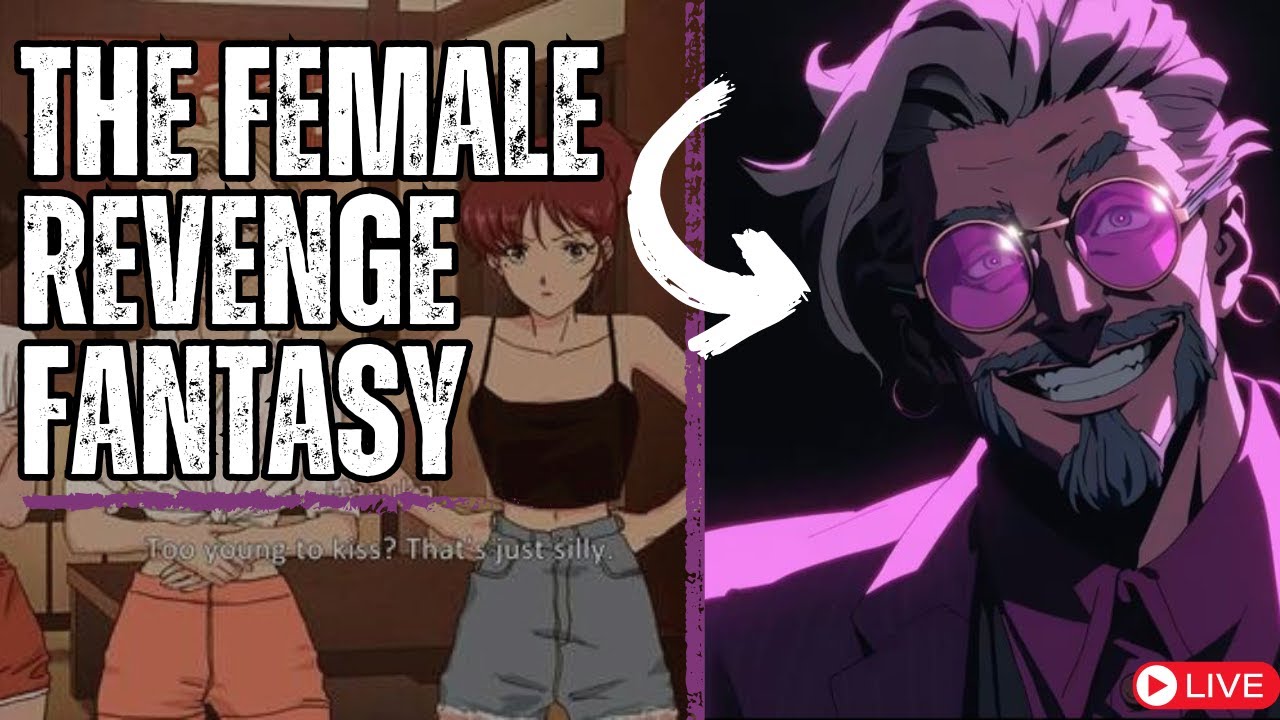No More Silence: Explore Vulnerability and Black Masculinity (Re)Imagined with Yolo Akili Robinson
Summary
TLDRIn this special four-part series of 'Man Enough', host Liz interviews Yolo Akili Robinson, founder of BEAM, on the societal pressures that lead men to neglect their mental and physical health. They discuss the historical separation of physical and mental health in Western psychology, the impact of masculinity on health behaviors, and the importance of emotional expression. Yolo shares insights from his work on healing justice and the need for community support in unlearning harmful behaviors. The conversation emphasizes the critical role of redefining masculinity for better health outcomes.
Takeaways
- 🗣️ The podcast series 'No More Silence' aims to discuss why men are less likely to seek help for mental and physical health issues.
- 🌟 Yolo Akili Robinson, the guest, is the Executive Director and Founder of BEAM, an organization dedicated to the healing and liberation of black and marginalized communities.
- 🔍 The series explores the historical separation of physical and mental health in Western psychology and how it impacts men's health behaviors.
- 🧠 There's a growing awareness of the interconnection between physical and emotional health, challenging traditional views.
- 💪 The concept of 'somaticization' is discussed, explaining how the body can store and express emotional experiences.
- 🚹 Men who earn less than their female partners experience higher rates of hypertension, diabetes, and heart attack risks, indicating a link between masculinity and health.
- 👨👦 Early socialization of boys to suppress emotions can lead to long-term negative health outcomes.
- 😢 The inability to express emotions, such as crying, can lead to a buildup of stress hormones, contributing to health issues later in life.
- 🌐 The intersection of male socialization and experiences like racism can exacerbate mental health issues in black men.
- 🔄 The importance of unlearning toxic masculinity is emphasized, along with the need for community support and accountability.
- 🌱 Yolo shares personal practices for healthy living, including listening to his body, engaging in therapy, and improving relationships.
Q & A
What is the main focus of the 'No More Silence' series?
-The 'No More Silence' series focuses on discussing why men are less likely to talk about and seek care for mental and physical health issues and what can be done about it.
Who is Yolo Akili Robinson and what is his role in the series?
-Yolo Akili Robinson is the Executive Director and Founder of BEAM, the Black Emotional and Mental Health Collective. He is a guest in all four episodes of the series, providing insights on men's health issues.
What is BEAM and what does it aim to do?
-BEAM is a national training movement, building, and grant-making institution dedicated to the healing, wellness, and liberation of Black and marginalized communities.
Why do men often separate physical and mental health?
-Men often separate physical and mental health due to historical views in Western psychology that have traditionally treated the body and mind as distinct entities.
What is somaticization and how does it relate to men's health?
-Somaticization is the process by which emotions and feelings are stored in the body. It relates to men's health because societal expectations of masculinity often discourage emotional expression, leading to physical manifestations of emotional distress.
How can traditional masculinity be a health risk?
-Traditional masculinity can lead to risky behaviors such as avoiding doctors, engaging in dangerous activities, and neglecting self-care, which can result in higher rates of hypertension, diabetes, and heart disease.
What is the connection between men's mental health and their financial status relative to their female partners?
-Men in heterosexual partnerships where they earn less than their female partners have been found to have higher levels of hypertension, diabetes, and heart attack risk, which is linked to the stress of not meeting traditional masculinity ideals.
How does early socialization impact men's emotional health?
-Early socialization teaches men to suppress emotions and disconnect from their feelings, which can lead to lifelong patterns of neglecting emotional health and contribute to physical health issues.
What is the 'Black Masculinity Reimagined' program and how does it help?
-The 'Black Masculinity Reimagined' program is designed to help men and masculine individuals reevaluate and expand their understanding of masculinity. It provides a space for self-reflection and skill-building to promote healthier behaviors and attitudes.
Why is community important in the process of redefining masculinity?
-Community is important because it provides a supportive environment where men can learn from each other and hold each other accountable. It reinforces new behaviors and counters the societal messages that perpetuate harmful aspects of traditional masculinity.
How does Yolo practice healthy living?
-Yolo practices healthy living by listening to his body's signals, engaging in therapy, and being intentional about his relationships with women and feminine individuals, ensuring he listens more and projects less.
Outlines

This section is available to paid users only. Please upgrade to access this part.
Upgrade NowMindmap

This section is available to paid users only. Please upgrade to access this part.
Upgrade NowKeywords

This section is available to paid users only. Please upgrade to access this part.
Upgrade NowHighlights

This section is available to paid users only. Please upgrade to access this part.
Upgrade NowTranscripts

This section is available to paid users only. Please upgrade to access this part.
Upgrade Now5.0 / 5 (0 votes)





